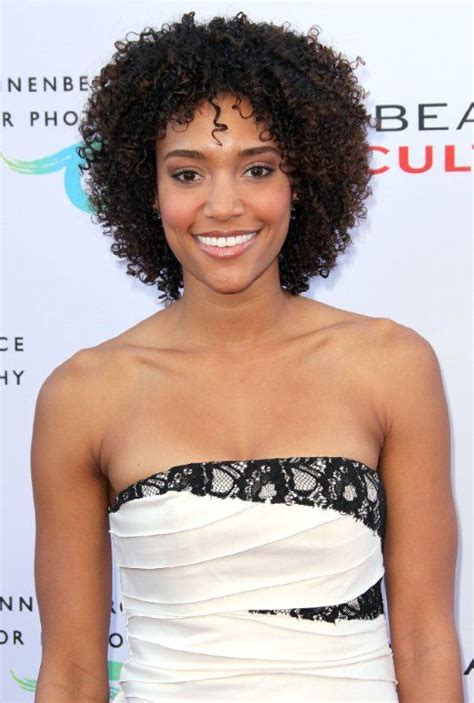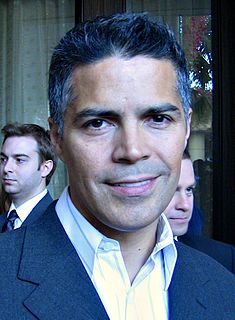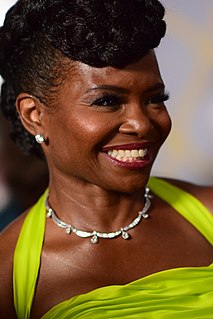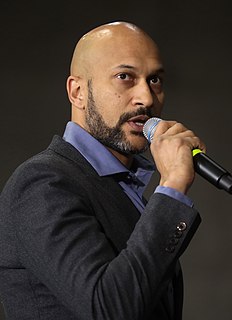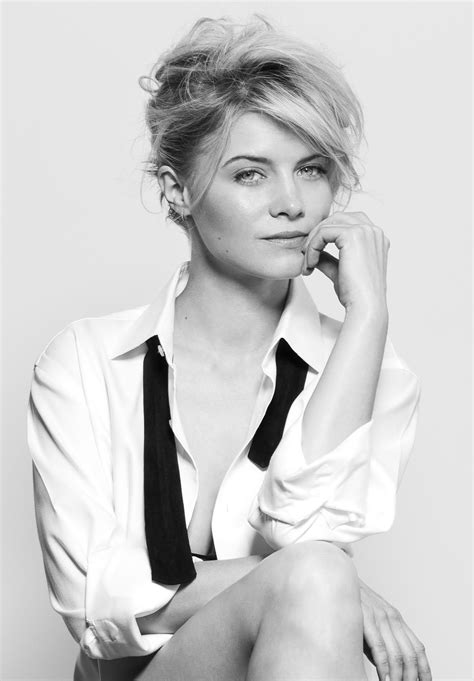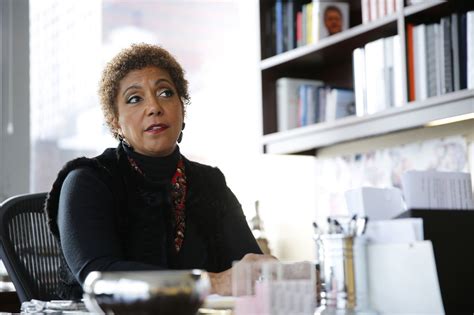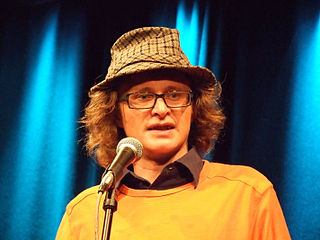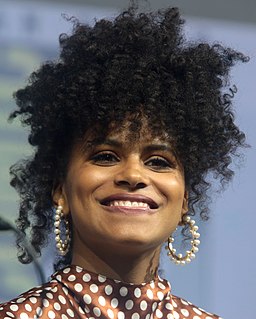A Quote by Annie Ilonzeh
I come from an interracial family: My father is from Nigeria, and so he is African-American, and my mother is American and white, so I rarely see skin color. It's never an issue for me.
Related Quotes
That's another great thing about Think Like a Man picture. The cast is predominantly African-American, but color is never really an issue in the film. It's rarely brought up since, at the end of the day, these guys are going through universal relationship issues that anybody can relate to. So, while the characters like "The non-committer," "The Player," and "The Dreamer" might be recognizable as common stereotypes, color isn't involved.
You see the one thing I've always maintained is that I'm an American Indian. I'm not a Native American. I'm not politically correct. Everyone who's born in the Western Hemisphere is a Native American. We are all Native Americans. And if you notice, I put American before my ethnicity. I'm not a hyphenated African-American or Irish-American or Jewish-American or Mexican-American.
Fairness and equality means that what you are never limits who you can be. It means that a young African-American man like my father can start a business with $500 and a dream. It means that a young African-American woman like my mother can walk into European fashion houses with her head held high and be treated with respect.
When I looked at 'Dear White People,' you have four African-American students who are all very different and who are trying to figure out who they are. They're dealing with identity issues and crises. That is exciting to me, to see African-American young people on a page, on a screen, who are so diverse and whose stories are all so different.
African Americans, in particular, saw their cumulative wealth crash. They used to have 10 cents on the dollar of the average white family. That 10 cents on the dollar that the African American family used to have crashed down to 5 cents on the dollar, given the focus of predatory lending on the African American community and the degree to which they were really devastated by the foreclosure crisis. So yeah, I think there is a lot of disappointment out there.
Too often the media assumes that "poverty" is an African American or a Latino issue. Of course, that's nonsense. While a higher percentage of the African American and Latino population does live in poverty as compared to the white population, when overall numbers are looked at, it is clear that people of all races, ethnicities, and colors, are represented amongst America's poor.
